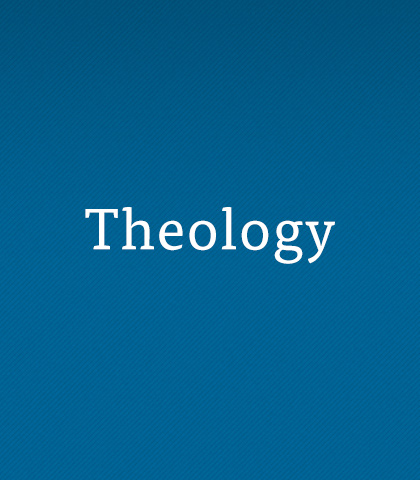Prayer and Fasting Minus All the Pizzazz
As we go deeper into His Sermon on the Mount, Jesus’ words turn our attention from all the circus-like pizzazz of performance to the simplicity of prayer and fasting, two disciplines all-too-rarely done His way for His glory. Let’s seek out His counsel so we can carry out His instructions.


